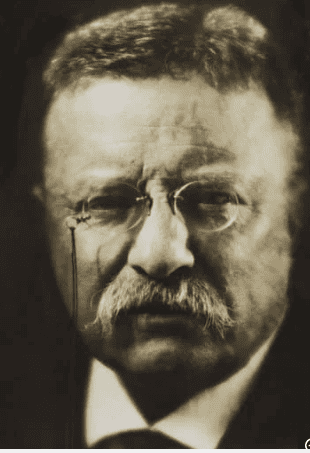Theodore Roosevelt, the 26th President of the United States, is often remembered for his larger-than-life persona, Rough Rider exploits, and trust-busting policies. However, his life and legacy are filled with lesser-known facts that paint a fuller picture of this dynamic leader. This post delves into the intriguing and often surprising aspects of Teddy Roosevelt’s life, showcasing the breadth of his contributions and the uniqueness of his character.
The Early Years: Overcoming Adversity
Born on October 27, 1858, in New York City, Theodore Roosevelt faced significant health challenges from a young age. Afflicted with severe asthma, he often struggled to breathe, leading his father to take him on nighttime carriage rides to relieve his symptoms. Determined to overcome his frailty, Roosevelt embraced a rigorous regimen of physical exercise, including boxing and weightlifting, which helped him build the robust physique for which he later became known.
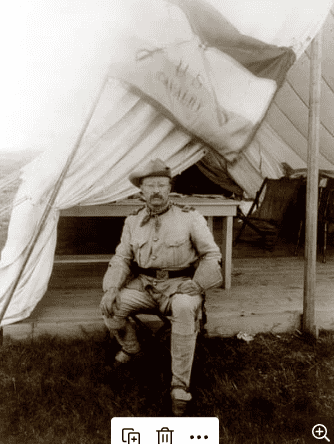
Academic Pursuits and Intellectual Curiosity
Roosevelt’s intellectual prowess is often overshadowed by his adventurous spirit, but he was a voracious reader and prolific writer. He published his first book, “The Naval War of 1812,” at the age of 23. The book was well-received and is still considered a seminal work on the subject. Throughout his life, Roosevelt wrote over 35 books on topics ranging from history and politics to natural science and adventure. His deep knowledge of history and his ability to articulate complex ideas in an accessible manner underscored his speeches and writings.
Ranching in the Badlands
In 1884, after the devastating loss of both his mother and his first wife on the same day, Roosevelt retreated to the Badlands of North Dakota. There, he invested in two cattle ranches and embraced the rugged lifestyle of a cowboy. This period in his life not only provided solace but also reinforced his love for the American West and his commitment to conservation. Roosevelt’s experiences in the Badlands profoundly influenced his later environmental policies as president.
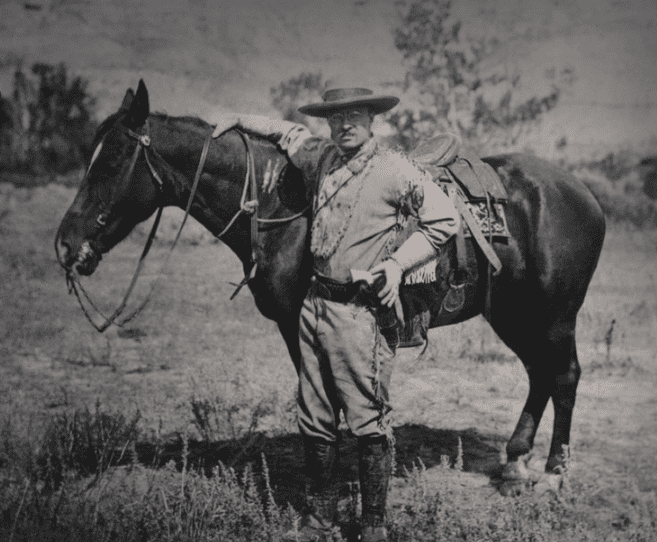
The Rough Rider and Beyond
While Roosevelt’s leadership of the Rough Riders during the Spanish-American War is well-documented, few know about his strategic and logistical challenges. The Rough Riders, a volunteer cavalry unit, comprised a diverse group, including Ivy League athletes, miners, and Native Americans. Despite the unit’s lack of formal military training and the logistical nightmare of transporting horses and equipment to Cuba, Roosevelt led them to a pivotal victory at the Battle of San Juan Hill. His bravery and tactical acumen during the battle cemented his reputation as a war hero and propelled him into the national spotlight.
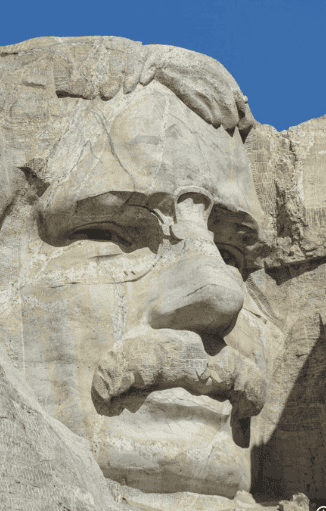
The Unlikely Vice President
Roosevelt’s path to the vice presidency was unorthodox and marked by political maneuvering. After serving as Governor of New York, where he implemented progressive reforms, the Republican establishment saw him as a threat. To sideline him, party leaders nominated him for the relatively powerless position of Vice President in 1900. However, President William McKinley’s assassination in 1901 thrust Roosevelt into the presidency, much to the dismay of his political adversaries.
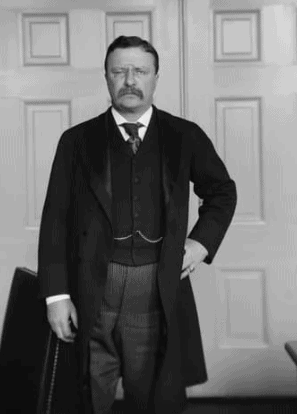
Presidential Innovations and Progressive Reforms
Roosevelt’s presidency is renowned for its progressive policies, but some of his initiatives were groundbreaking in ways not commonly recognized. For example, he was the first president to invite an African American, Booker T. Washington, to dine at the White House, which sparked significant controversy. Roosevelt’s commitment to civil rights, though limited by the standards of his time, marked a step toward greater inclusion and equality.
Moreover, Roosevelt pioneered using executive orders to achieve his conservation goals. He established the United States Forest Service and signed into law the creation of five national parks, 18 national monuments, and 150 national forests, protecting approximately 230 million acres of public land. His foresight in environmental conservation laid the groundwork for future preservation efforts.
The Panama Canal and International Diplomacy
Roosevelt’s role in constructing the Panama Canal is well-known, but his diplomatic skills in securing the project are often underappreciated. Faced with failed negotiations with Colombia, Roosevelt supported a revolution in Panama, leading to the country’s independence and a favorable canal construction treaty. This bold move showcased his willingness to use unconventional methods to achieve strategic objectives. Additionally, Roosevelt’s mediation in the Russo-Japanese War earned him the Nobel Peace Prize in 1906, making him the first American to receive the honor.
Post-Presidency Adventures
After leaving the presidency in 1909, Roosevelt embarked on a series of remarkable adventures. His African safari, sponsored by the Smithsonian Institution, resulted in collecting thousands of specimens for scientific study. This expedition further demonstrated his deep commitment to natural history and conservation.
In 1913, Roosevelt undertook a perilous expedition to map the uncharted River of Doubt (now Roosevelt River) in the Brazilian Amazon. The journey was dangerous, including tropical diseases, treacherous rapids, and hostile wildlife. Roosevelt’s health suffered greatly, and he nearly died from a tropical fever. This expedition, however, highlighted his enduring spirit of exploration and his contributions to geographical knowledge.
The Bull Moose Campaign
Roosevelt’s return to politics in 1912 as a third-party candidate under the Progressive Party, also known as the Bull Moose Party, was a testament to his enduring influence and determination. Although he did not win the presidency, his campaign highlighted progressive issues such as women’s suffrage, social welfare programs, and workers’ rights. His willingness to challenge the two-party system and advocate for significant reforms impacted American politics.
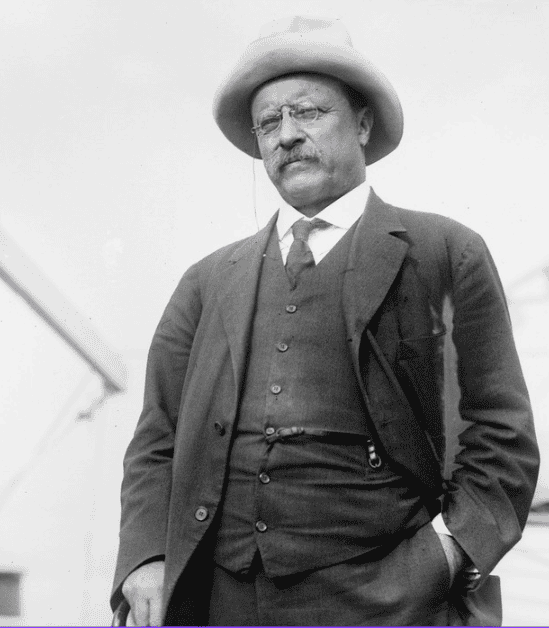
Legacy and Impact
Theodore Roosevelt’s legacy extends far beyond his presidential achievements. He was a man of diverse interests and talents, embodying the quintessential American spirit of resilience, curiosity, and innovation. His contributions to conservation, his progressive reforms, and his adventurous spirit continue to inspire and resonate today.
Roosevelt’s life reminds us that leadership is multifaceted and that a commitment to public service and a passion for knowledge and exploration can lead to transformative change. As we reflect on his legacy, we are reminded of the enduring power of a dynamic and engaged leader who dared to push the boundaries of what was possible.
In sum, Theodore Roosevelt’s life was a tapestry of bold actions, intellectual pursuits, and unwavering dedication to the betterment of society. His lesser-known achievements and adventures enrich our understanding of a man who truly embodied the spirit of his age and whose influence continues to shape our world.

